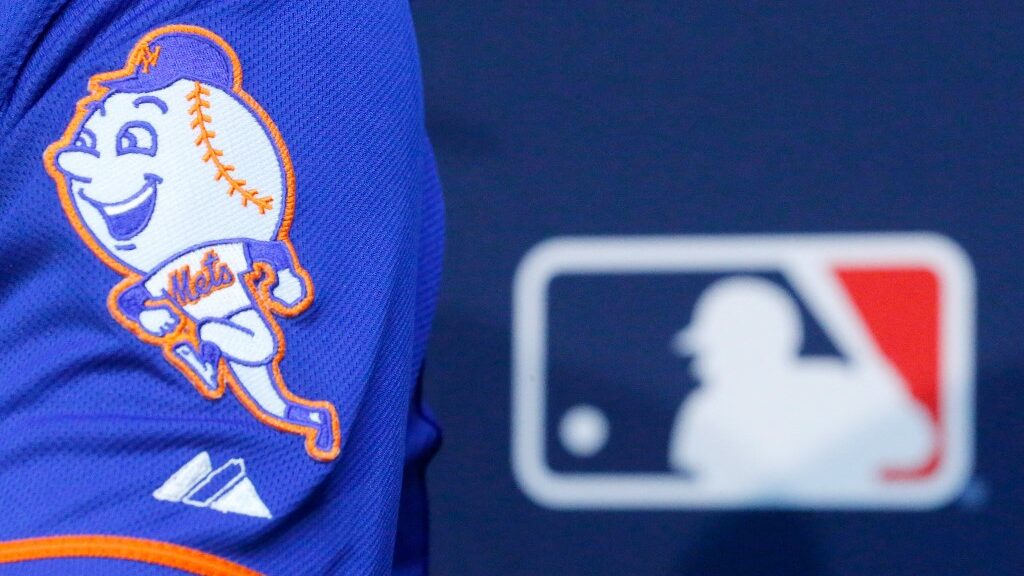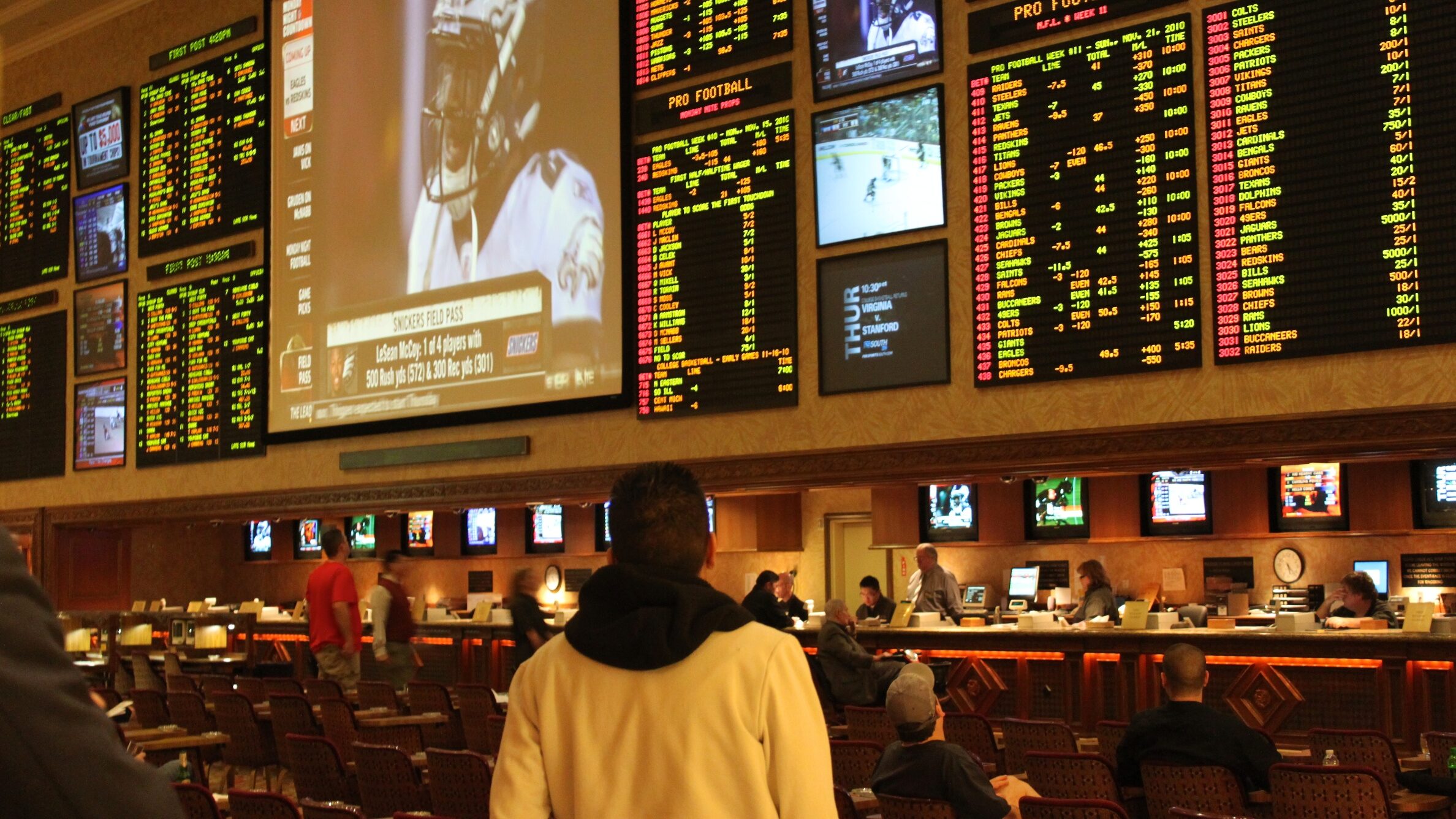
Usually, sports betting in Missouri is the talk of the moment, but this time gray market slot machines took center stage, as these machines found throughout the state in convenience stores, barrooms, and truck stops have sparked a class-action lawsuit that claims these video lottery terminals were responsible for residents losing money and a compensation of $15 million is being sought.
Closely Watched Case
Casino operators have long complained that the video lottery terminals (VLTs) dotting the landscape throughout Missouri and elsewhere are taking a big bite out of their business and are not operating on an even playing field. The casino operators contend that the gray market VLTs are not subject to the same hold rates, regulations, and compliance scrutiny as those of slot machines located in licensed casinos.
Although the class action lawsuit cannot specify the amount of money that was lost by unsuspecting customers, it is believed to be in excess of $5 million and the plaintiffs are asking for three times the damages, equaling $15 million, plus court costs.
Furthermore, the lawsuit alleges corruption ranging from the operator of the machines, Torch Electronics, to the convenience stores that house the VLTs with a 50% split of the net revenue between the two parties, to political figures accepting bribes from business owners for tax breaks.
The defendants in the case are Torch Electronics and its founder, Steven Miltenberger, Warrenton Oil Company, Mally Inc., and its past president, Mohammed Almuttan, as well as three others.
Rounding Down
There is also the issue of rounding, as the VLTs generally do not spit out change at the end of a session, and instead, round down the amount paid to the customer. Therefore, if a customer decides to cash out and the final tally is $11.99, the customer would receive $11.00 which is another gray area that differs from state to state.
This practice has become more frequent as a nationwide coin shortage has been used to justify businesses’ exact change policy. According to Kelvin Collins, CEO of the Better Business Bureau, businesses can round down if the customers have been notified of the policy before entering into the transaction.
“Businesses are allowed to have an exact change policy. It’s just like any other policy that they want to set up,” says Collins. “If you really look at the ethical side of it and the consumer came up and they were 62 cents short on buying that product, the store is not gonna say, ‘Well, that’s OK, just go ahead, take it.’ So, you shouldn’t really expect the consumer to provide 62 cents above what their product cost.”
“You could have a charity that you provide any excess change to or you could provide some type of gift card or store credit,” Collins said.
Customers Must Receive Adequate Notice
Shawn Conroy with the Attorney General’s Office Consumer Protection Division insists that consumers must know of the policy before checking out. “The key here is that consumers should have the ability to make an informed decision. It’s in the best interest of a business to provide adequate notice to their customers before they make a purchase,” says Conroy.
And because Missouri’s casino slot machines are not allowed to round down with most, if not all, supplying paper receipts with an exact amount versus coins falling to the bottom of the machine, the VLTs can add to their hold percentage by rounding down, giving them yet another competitive advantage over the casinos’ slots.
*Bookmakers Review will continue to monitor this story and update our readers as events unfold.














